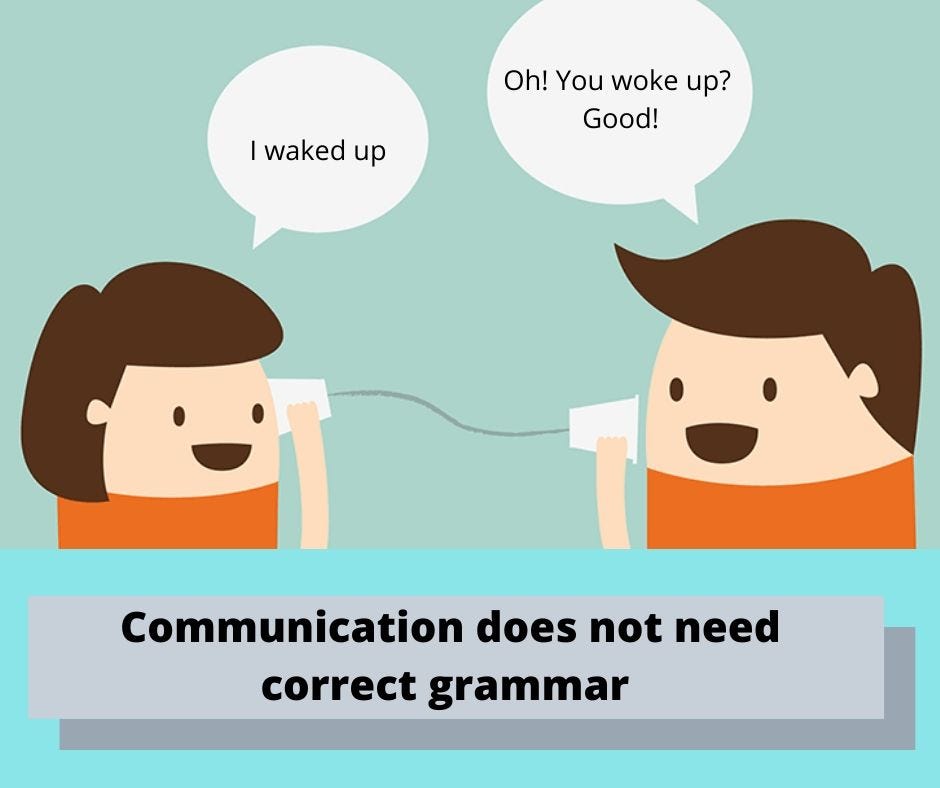

In addition to this type of description, grammarians and others can also concentrate on how words combine to make meanings and this gives rise to a functional grammar which uses a different descriptive vocabulary. In looking at parts of speech, or word classes as they are also called, grammarians divide up sentences or smaller units into their constituent parts for example:ĭon't worry if you are not familiar with terms such as ‘possessive determiner’ you do not need to understand them to work through this course. The first complementary grammatical description we are going to look at is sometimes referred to as traditional or structural grammar, a grammar that divides language on the basis of parts of speech, units such as nouns, verbs, and adjectives. In 5 and 7, it refers to a particular theory of language description.ĭifferent theories of language result in different types of grammatical description based on different premises and with different purposes.In 3 and 6, it refers to whether a person follows the ‘rules of grammar’.In 4 and 10, it refers to the study of these rules.Sometimes these are given as a set of rules. In 2 and 9, it refers to a book in which these organising principles are laid out.In 1 and 8, it refers to the way in which words are organised in a language in order to make correct sentences here ‘grammar’ is the description of the way in which words combine into larger units, the largest being the sentence.There is clearly overlap in these uses, but I have grouped them into five meanings. But before we move on to recent approaches to grammar we shall take a short diversion into different types of grammatical description.

Some of the activities that you will be trying out are important in writing many dictionaries and textbooks about English. The new computational tools are changing the way we describe and understand language. Many of the uses to which a knowledge of grammar is put are also starting to rely on the application of computer technology to language analysis. Of course, knowing grammar is a basic part of language learning and teaching and is also necessary in professions such as translating and lexicography (compiling dictionaries).
USING CORRECT GRAMMAR WHEN SPEAKING SOFTWARE
Computer scientists involved in creating voice-recognition software need to understand grammar and the frequency of the likely patterns of the language police experts need to trace typical language patterns used by individuals if they are to detect lies and forged documents doctors and specialists in language disorders in children or in patients with head injuries need to know the typical grammar associated with particular contexts in order to understand where disruption or dysfunction is taking place. You might be surprised to realise how many different areas of life utilise an understanding of grammar. Also, in working with my Open University colleagues, I have discovered other grammatical systems and applications. More recently, in analysing academic writing, I have applied a different model of grammar, one which foregrounds the idea of grammar as choosing forms to express different types of meaning. I started off many years ago as a teacher of English in various countries around the world, using a form of grammatical description which highlighted ‘correct’ usage such as knowing when to say I have gone and when to say I went. In thinking about answers to these questions I have to admit that, in helping to write this course, I have expanded my own knowledge of the variety of interpretations of grammar and the applications of grammatical analysis. We have highlighted them in bold throughout the text as they are introduced. The key terms we are looking at in this course are listed below. An advanced, sophisticated method of communication is what makes human beings so special, so a study of grammar is a way of exploring how these meanings get made. Our choices within the grammatical system together with our choices of vocabulary are our most powerful ways of putting together the meanings that we want to communicate.

We want you to discover that grammar is not a boring system for labelling parts of a sentence, but rather that it can give you an insight into how we present ourselves and our view of the world to other people. However, we shall try to avoid just helping you to get descriptive labels right, though that is important. I wonder if you understand what Mrs Clark meant, or whether any teacher has ever made a similar remark about your work? In this course we look at some of the factors that contribute to differences between speech and writing and at ways of describing them. 1 Why study grammar? 1.1 The power of grammar


 0 kommentar(er)
0 kommentar(er)
